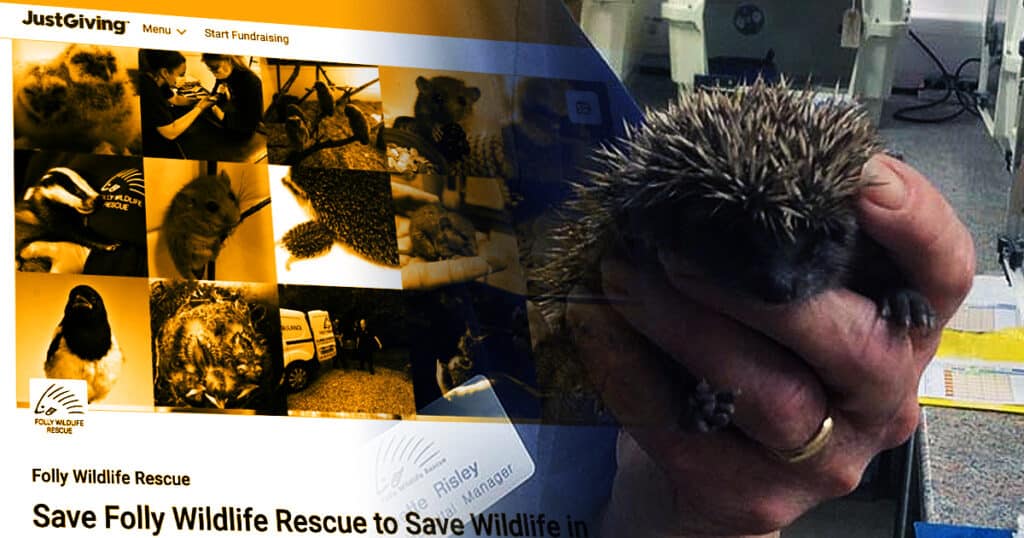A wildlife rescue centre in Tunbridge Wells has warned that it may have to close due to a shortage of funds. In an attempt to avoid shutting its doors, Folly Wildlife Rescue recently launched a fundraising campaign.
Writing on X, the rescue centre said that support is required for it to continue its essential work for wildlife. The centre added:
“What we have here is beyond amazing and an incredible legacy that simply must continue for many more years to come.”
30 years of rehabilitating wildlife
Founded in 1994, Folly Wildlife Rescue says it receives around 3,500 wild animals annually from across Kent and Sussex who are in need of help. Wildlife co-ordinator at the centre, Hannah Hall, told BBC News:
“We’re here every day, seven days a week, 365 days a year and it’s basically like an A&E for animals.
We also have a volunteer-run helpline able to offer advice.”
Folly Wildlife Rescue’s running costs amount to over £25,000 a month. But it is currently struggling to cover these due to rising costs and a lack of donated income, BBC News reported.
It’s with great sadness we announce that for the first time in its history, Folly is facing closure in the very near future.#savefolly @BBCRadioKent @bbcsoutheast @itvmeridian @Kent_Online @kmfmnews https://t.co/pt8p1uOACX
A slow-down in legacies & increasing costs has…1/3 pic.twitter.com/qKTvO6n1BS
— Folly Wildlife Rescue (@FollyWildlife) September 12, 2024
To strengthen its precarious financial situation, and therefore keep its doors open, the centre announced on X that it was launching an urgent appeal on 12 September. Folly aims to raise £250,000 through its appeal, which equates to a year’s worth of running costs for its work.
Blown away by support
Within a few days of launching the appeal, Folly had raised around a quarter of its target. The centre said it was “blown away by the support of everyone who’s donated, shared & been in touch with ideas.”
The show of support is good news for Folly and the many injured wild animals that it rehabilitates and releases throughout the year. In August this year, the around 300 admissions to the centre included many wood pigeons, a badger, a bat, a young swan and a young gull, as well as a Canada goose.
As KentLive reported, most of the wild animals treated by the centre are injured by “some form of human activity,” including entanglement in netting, fencing, and fishing lines, road traffic collisions, and deliberate harm.
To help the centre continue providing much-needed care to injured and vulnerable wildlife, people can follow this link to find several different ways to lend a hand and support its fundraiser here.
Image via Nunnsofunky / Wikimedia, cropped to 2240×1500, licensed under CC BY 3.0

